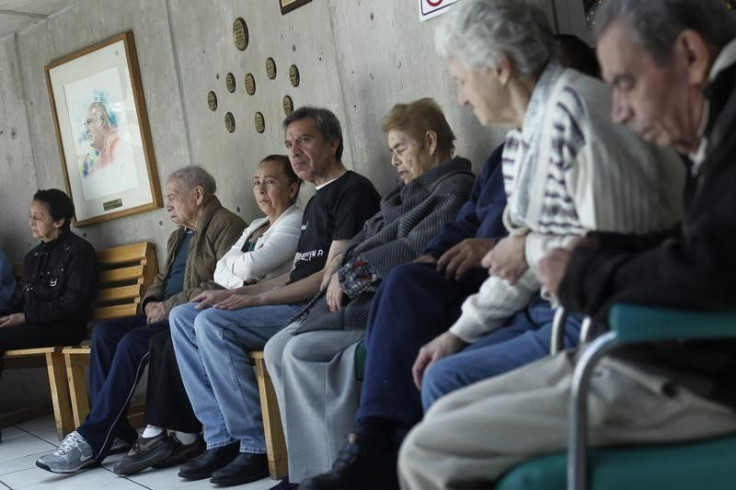Caring For Loved One With Alzheimer’s May Be Most Stressful For Spouse

(Reuters Health) - Caring for a loved one with Alzheimer’s disease isn’t easy under the best of circumstances, but it may be much more stressful for spouses and people who suffer from depression, a Finnish study suggests.
Researchers followed 236 family caregivers of Alzheimer’s patients for three years after the diagnosis. Caregiving appeared to be much more stressful for people who were married to the patients or who suffered from depression when the study began.
“Even minor depressive symptoms at the beginning of caregiving are a significant predictor of psychological distress during the years of caregiving,” lead study author Tarja Valimaki of the University of Eastern Finland said by email.
The findings suggest that spousal caregivers should receive mental health evaluations at the time that their loved one is diagnosed with Alzheimer’s, Valimaki added.
“Alzheimer’s disease patients’ home care is reliant on caregivers, and it is not reasonable for spousal caregivers to put their own health at risk due to the caregiving,” Valimaki said.
Alzheimer’s disease is an irreversible, progressive brain disorder that slowly destroys memory and thinking skills and eventually, the ability to carry out the simplest tasks. It is the most common cause of dementia among older adults and a leading cause of death among the elderly.
The study included 166 Alzheimer’s patients being cared for by their spouses, as well as 70 patients being cared for by other loved ones. Researchers assessed psychological stress by asking caregivers about their ability carry out daily activities, social functioning, and the appearance of new sources of distress or concern in their lives.
At the start of the study, caregivers and patients who lived together had typically been sharing a home for more than three decades. Spousal caregivers were older and reported more depression than caregivers who weren’t married to the patients.
Over three years, psychological distress appeared to increase significantly among spousal caregivers but not among nonspousal caregivers, the study found.
One limitation of the study is that almost half of the participants dropped out before the end, the authors acknowledge in the Journal of Geriatric Psychiatry and Neurology.
Even so, the study highlights the need for doctors and nurses to consider two people patients in an Alzheimer’s diagnosis – both the person diagnosed and their partner or spouse, said Barbara Given, a researcher at the college of nursing at Michigan State University in East Lansing.
“Not everyone can be a good caregiver and as professionals we need to do an assessment and determine who can do it, who wants to do it, and who needs other support to do it,” Given, who wasn’t involved in the study, said by email.
Another challenge may be financial, noted Carol Levine, director of the families and health care project at the United Hospital Fund in New York City.
“Perhaps there are alternatives in the Finnish system; in the U.S. there are few alternatives and those that do exist are expensive and beyond the reach of most families (assisted-living or full-time home care) or considered unacceptable (a long-term care facility,” Levine, who wasn’t involved in the study, said by email.
SOURCE: http://bit.ly/1O9tDrV Journal of Geriatric Psychology and Neurology, published online August 6, 2015.
Published by Medicaldaily.com



























